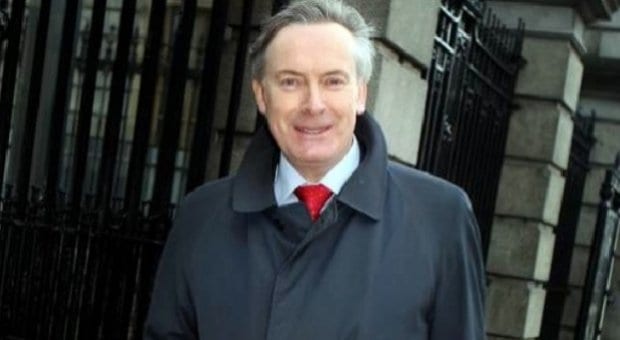Ireland’s foreign affairs secretary general says cutting aid to Uganda is inappropriate, but he stresses that assistance is going to the people of the country, not the president or parliament, The Journal reports.
David Cooney says that stopping financial assistance would only cause harm to the people who need it the most, referring specifically to HIV/AIDS projects.
He points out that Ireland’s Tánaiste (deputy prime minister) Eamon Gilmore has condemned Uganda’s enactment of a new anti-gay law.
He adds that education is key to changing people’s views, recalling that Ireland had been granted billions in European Union funding in the early 1990s, a time when homosexuality was still criminalized in the country. Ireland decriminalized homosexuality in 1993.
Sweden recently announced it will stop state-to-state disbursements to Uganda because of its anti-gay law. That move followed announcements by the World Bank, Norway, the Netherlands and Denmark that they are withholding or redirecting aid to the African country.
Ugandan President Yoweri Museveni’s decision to sign anti-gay legislation into law prompted a Kampala advocacy group, Civil Society Coalition on Human Rights and Constitutional Law, to issue guidelines to its national and global partners on ways to continue their support in the wake of the law’s enactment.
While the coalition says it supports strategic aid cuts to specific sectors, it opposes what it calls “general aid cuts.”


 Why you can trust Xtra
Why you can trust Xtra


